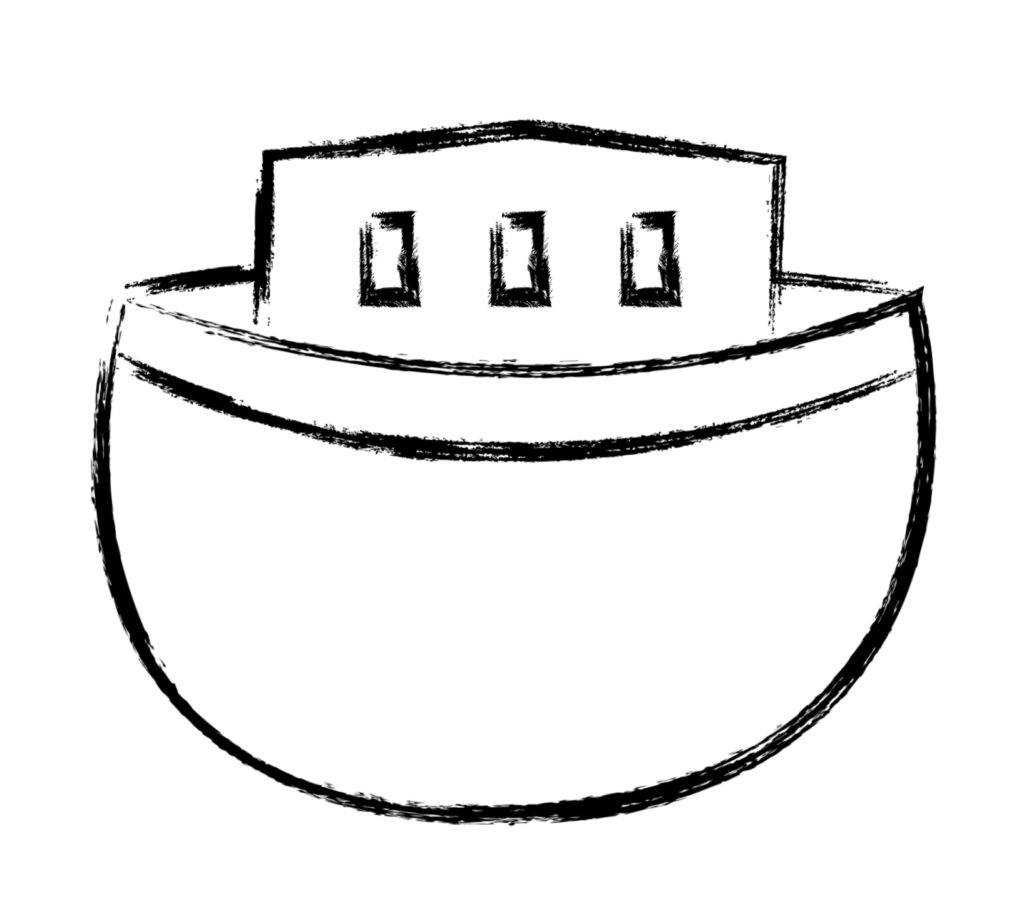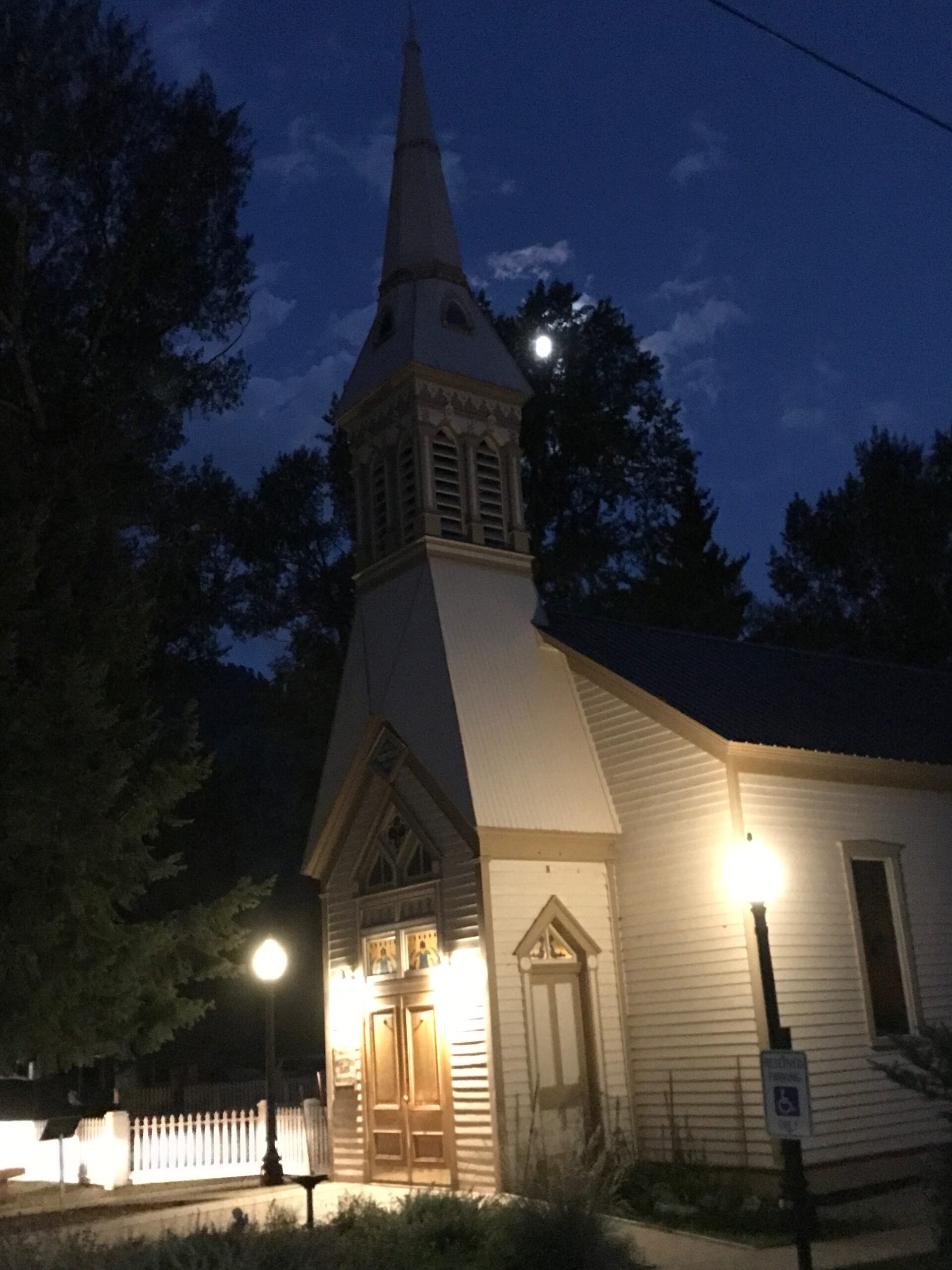
Genesis 8
But God remembered Noah and all the wild animals and all the domestic animals that were with him in the ark. And God made a wind blow over the earth, and the waters subsided; the fountains of the deep and the windows of the heavens were closed, the rain from the heavens was restrained, and the waters gradually receded from the earth. At the end of one hundred fifty days the waters had abated, and in the seventh month, on the seventeenth day of the month, the ark came to rest on the mountains of Ararat. The waters continued to abate until the tenth month; in the tenth month, on the first day of the month, the tops of the mountains appeared.
At the end of forty days Noah opened the window of the ark that he had made and sent out the raven, and it went to and fro until the waters were dried up from the earth. Then he sent out the dove from him to see if the waters had subsided from the face of the ground, but the dove found no place to set its foot, and it returned to him to the ark, for the waters were still on the face of the whole earth. So he put out his hand and took it and brought it into the ark with him. He waited another seven days, and again he sent out the dove from the ark, and the dove came back to him in the evening, and there in its beak was a freshly plucked olive leaf; so Noah knew that the waters had subsided from the earth. Then he waited another seven days and sent out the dove, and it did not return to him any more.
In the six hundred first year, in the first month, on the first day of the month, the waters were dried up from the earth, and Noah removed the covering of the ark and looked and saw that the face of the ground was drying. In the second month, on the twenty-seventh day of the month, the earth was dry. Then God said to Noah, “Go out of the ark, you and your wife and your sons and your sons’ wives with you. Bring out with you every living thing that is with you of all flesh—birds and animals and every creeping thing that creeps on the earth—so that they may abound on the earth and be fruitful and multiply on the earth.” So Noah went out with his sons and his wife and his sons’ wives. And every animal, every creeping thing, and every bird, everything that moves on the earth, went out of the ark by families.
Then Noah built an altar to the Lord and took of every clean animal and of every clean bird and offered burnt offerings on the altar. And when the Lord smelled the pleasing odor, the Lord said in his heart, “I will never again curse the ground because of humans, for the inclination of the human heart is evil from youth; nor will I ever again destroy every living creature as I have done. As long as the earth endures, seedtime and harvest, cold and heat, summer and winter, day and night shall not cease.”
Reflection
I know in the past (even a few weeks ago), I’ve attempted to humorously point out the irony of decorating nurseries, kids’ rooms, and the like in the theme of “Noah’s Ark.” Trust me, I get it, there were lots of animals and animals are nice. They are always smiling as they walk back down that big ramp off the Ark. There’s a rainbow in the sky, the sun is always shining, and everyone seems so happy. It’s a fresh clean start for humanity and it’s a near perfect image of God’s blessing.
But, as we all know, that slant on the story of Noah’s Ark is far from the truth. If we’re to take a serious look at the larger text, we see an unhappy God who is ready to destroy all of humanity and start over. We see the mockery of Noah, as neighbors and folks passing by hurl insults at the crazy dude who is building a giant wooden coffin. We find the animals are sent by God, which must have been a startling thing for those scoffers… “Where the heck did these elephants come from? We don’t have elephants!”
Then, the rain came and the waters rose. Sure it seemed harmless at first, but when it started creeping up their ankles, I bet there were many of those neighbors clambering at the base of that giant boat. As the waters rose, so did the death count. I imagine Noah and his family understood the horror that was happening outside the safety of those wooden walls. Eventually, however, the dying ended and the waters calmed. And that’s where our chapter picks up the story.
Genesis 8 gives us an often overlooked part of this Biblical narrative. It describes, not the rise of the water and the death of humanity, but the receding of the waters and the waiting that Noah and his family had to endure. If you do the math, it was about one year they were floating in the Ark. Imagine that for a second. It wasn’t a cruise ship with an abundance of ways to pass your time. It was a floating zoo, with no plumbing, limited supplies, and no promise of land for many months. The claustrophobia, the smells, the chaos… it’s truly impossible to picture what life was like during that year.
Yet, they waited (not that they had any other option). And they waited some more. Finally, almost a year later, God rewarded them with a new start. God reestablished the covenant of grace that he made with Adam and Eve in the garden–be fruitful and multiply and fill the earth. For Noah and his family, it was a new beginning. We celebrate that new beginning, but sometimes without remembering the waiting that took place.
Advent is designated as a time of waiting and preparation. Yes, we’re waiting for Christmas day and all of the delights that the holiday season provides. But, let’s not forget how Noah waited, how the Israelites waited (and still wait), and how we’re called to wait for Christ’s return. Whatever God is doing with you this Advent season, perhaps we ought to savor the challenges of waiting a little more. After all, God’s blessings did shine down on Noah after their year long wait. And, wow, was it worth that wait.
